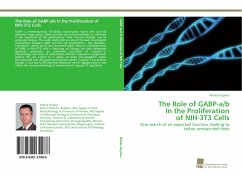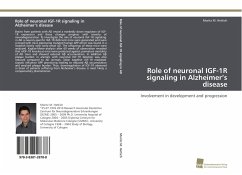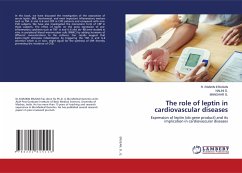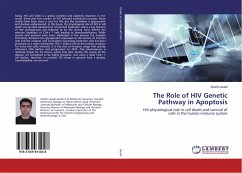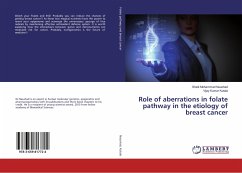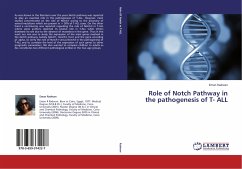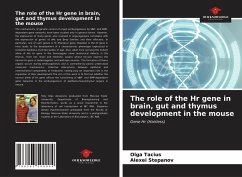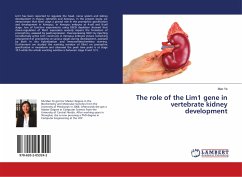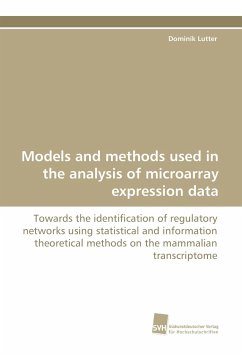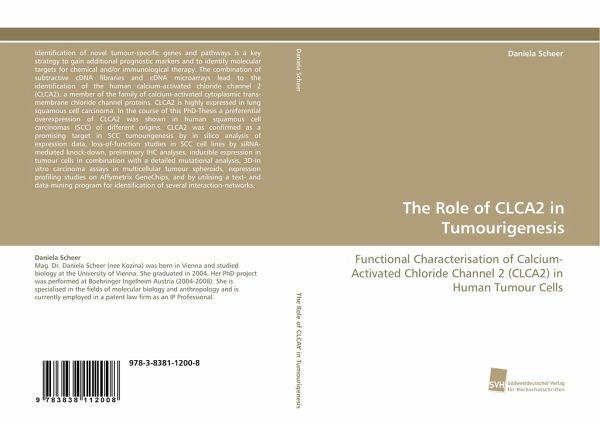
The Role of CLCA2 in Tumourigenesis
Functional Characterisation of Calcium-Activated Chloride Channel 2 (CLCA2) in Human Tumour Cells
Versandkostenfrei!
Versandfertig in 6-10 Tagen
59,99 €
inkl. MwSt.

PAYBACK Punkte
30 °P sammeln!
Identification of novel tumour-specific genes and pathways is a key strategy to gain additional prognostic markers and to identify molecular targets for chemical and/or immunological therapy. The combination of subtractive cDNA libraries and cDNA microarrays lead to the identification of the human calcium-activated chloride channel 2 (CLCA2), a member of the family of calcium-activated cytoplasmic trans-membrane chloride channel proteins. CLCA2 is highly expressed in lung squamous cell carcinoma. In the course of this PhD-Thesis a preferential overexpression of CLCA2 was shown in human squamou...
Identification of novel tumour-specific genes and pathways is a key strategy to gain additional prognostic markers and to identify molecular targets for chemical and/or immunological therapy. The combination of subtractive cDNA libraries and cDNA microarrays lead to the identification of the human calcium-activated chloride channel 2 (CLCA2), a member of the family of calcium-activated cytoplasmic trans-membrane chloride channel proteins. CLCA2 is highly expressed in lung squamous cell carcinoma. In the course of this PhD-Thesis a preferential overexpression of CLCA2 was shown in human squamous cell carcinomas (SCC) of different origins. CLCA2 was confirmed as a promising target in SCC tumourigenesis by in silico analysis of expression data, loss-of-function studies in SCC cell lines by siRNA-mediated knock-down, preliminary IHC analyses, inducible expression in tumour cells in combination with a detailed mutational analysis, 3D-In vitro carcinoma assays in multicellular tumour spheroids, expression profiling studies on Affymetrix GeneChips, and by utilising a text- and data-mining program for identification of several interaction-networks.



